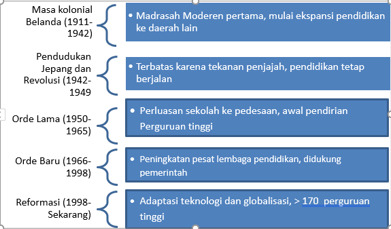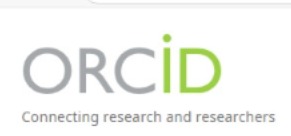MUHAMMADIYAH AND ISLAMIC EDUCATION REFORM
DOI:
https://doi.org/10.63889/pedagogy.v18i1.253Abstract
Muhammadiyah is an Islamic organization founded by K.H. Ahmad Dahlan in 1912 in Yogyakarta and has become one of the largest Islamic organizations in Indonesia that has an important role in Islamic education reform. Muhammadiyah integrates Islamic values with modern science to create a generation that is intellectually and morally competent. To date, Muhammadiyah has managed more than 10,000 educational institutions, ranging from early childhood education to universities spread throughout Indonesia. Talking about Muhammadiyah education is certainly inseparable from the discussion of Muhammadiyah's educational philosophy which emphasizes the integration between religious and general knowledge, rejecting the dichotomy of "world science" and "hereafter". This approach is based on the values of the Qur'an and As-Sunnah, as well as the principle of tajdid which aims to educate the life of the nation. The dynamics of Muhammadiyah's education involve adapting to various socio-political challenges from the Dutch colonial period, Japan, to the modern era, including the development of a progressive-prophetic educational model. This study uses the literature study method to examine the concept, history, and implementation of Muhammadiyah educational reform. The results of the study show that Muhammadiyah has made a significant contribution to building Islamic education based on the integration of religious and scientific values, making it a pioneer in the modernization of education in Indonesia.

Downloads
Published
How to Cite
Issue
Section
License
Copyright (c) 2025 Mahmudulhassan

This work is licensed under a Creative Commons Attribution-ShareAlike 4.0 International License.





